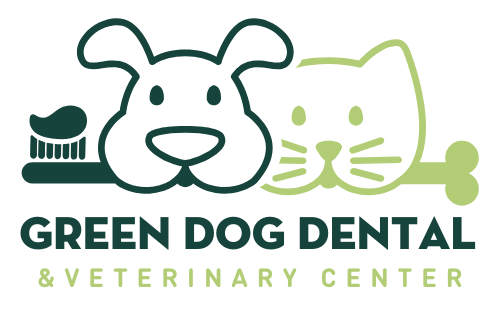
OH NO...OUR PETS ARE GAINING WEIGHT!
Just like in human beings, obesity in pets is on the rise, it can wreak havoc on a body, and it’s easier prevented than cured.
Carrying extra weight can predispose your pet to a variety of serious illnesses and can cause premature death. According to the Association for Pet Obesity Prevention, in 2018, an estimated 60% of cats and 56% of dogs in the United States were overweight or obese.
DON'T SHORTEN THEIR LIVES
Obesity shortens your life and makes them more likely to develop disease. Excess fat, regardless of its cause, negatively impacts a dog and cats health and longevity. Obese dogs and cats can develop an increased risk for many types of cancer, diabetes mellitus, heart disease, and hypertension.
Obesity also makes it harder for your pet to exercise safely, which can hinder weight loss efforts and cause the problem to become cyclical.
PREVENTION IS BEST
If you’ve ever went on a diet, you know that it’s much easier to gain weight than to lose weight. The same goes for animals. And because pets are unable to make decisions for their own nutrition and exercise, it’s up to you, their pet parent, to make sure they are getting the proper balance of food and exercise.
Much of canine and feline weight loss comes down to diet. It can be hard to force an animal to exercise, especially if they’re hindered by excess weight, so reducing the number of calories that they consume is the first step to getting them back to a healthy weight.
TALK TO YOUR VET AND MAKE A PLAN
Your veterinarian will likely bring up the subject of your pet’s weight with you if they notice that they’re packing on the pounds. It can be hard to tell if your pet is getting a little rotund because you see them every day, but your vet will be able to tell and can give you advice on how to safely reduce their calorie intake.
It’s not a good idea to simply reduce their amount of food or start them on a diet food without talking to your veterinarian first. It’s important that your pet receive the nutrition that they need, and it can be dangerous to drastically reduce their food intake overnight. Your vet may suggest a lower calorie (diet) food in conjunction with reducing the amount that they eat, or any combination of such, and will likely also ask you to limit or even eliminate treats.
TIME FOR SOME TOUGH LOVE?
It can be hard to feel that we’re depriving our furry friends of their favorite thing, but getting them back to a normal weight range will do wonders to improve their quality of life and lengthen their lifespan.
